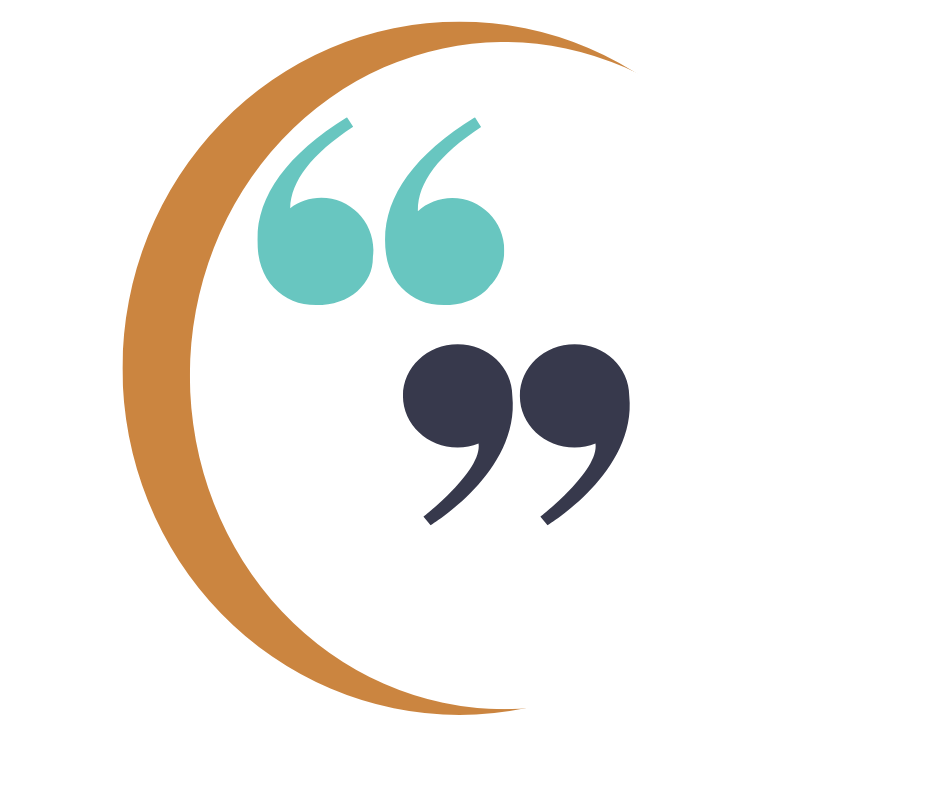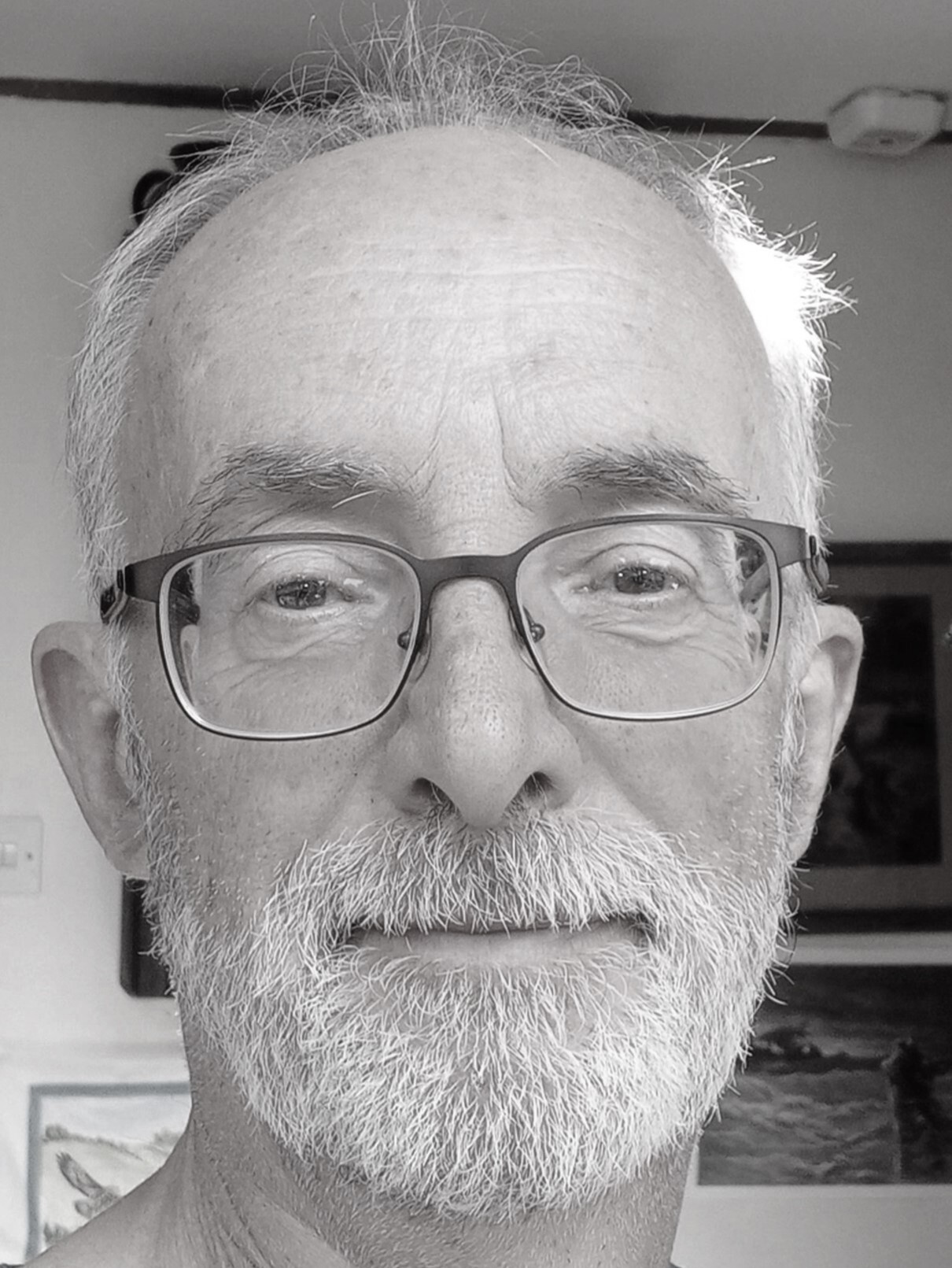In this blog, Nick Andrews outlines the key features of Most Significant Change (MSC) and how it’s being used to gather and explore evidence in Wales.

‘Not everything that can be counted counts, and not everything that counts can be counted.’
- William Bruce Cameron
Services and work programmes focused on change and improvement have seen an increasing move towards outcomes-focused approaches. The requirement to gather evidence of people’s outcomes is reflected in the Social Services Performance and Improvement Framework for Wales.
However, gathering and measuring change outcomes in ways that are meaningful can be challenging.
I've been privileged to work with people from across health, social care, arts in health and community development on using MSC in Wales.
What is MSC?
Most Significant Change (MSC) is a storytelling approach to gathering and exploring change outcomes that was developed in the context of public health and international development (Davies and Dart, 2005).
Writing MSC stories in this way is different from writing case studies. Case studies are generally third person stories about people, whilst MSC stories are first person stories by people. The danger of case studies is that the content can be led by what matters to the person gathering the stories, rather than the person whose story is being told.
MSC has three essential features that form a virtuous cycle:
- story gathering
- story exploration and selection
- feedback on learning and response.
It starts by inviting people to share their stories about what's changed following an intervention, service or programme.
Rather than asking about pre-determined outcomes, MSC asks an open question, for example:

"Looking back over the past six months, what good or bad changes have come about as a result of your involvement with the service?"
People are supported to list all the changes they've experienced.
For example:
- changes in themselves: physical, psychological, social, attitudinal
- changes in others: work colleagues or peers
- changes in communities, groups or organisations: activities, relationships, paperwork.
Once people have identified a list of changes, they're then asked:

"Of the changes that you've identified, which is the most significant to you and why?"
Once they've decided on the most significant change for them, they're asked:

"Regarding this change, please tell me a bit about what it was like before, what it's like now and what brought about the change?"
Story exploration and selection
In an evaluation it's possible for a researcher to analyse a collection of MSC stories according to their theme. However, MSC is primarily learning focused, and so is most interested in the collective evaluation of stories, involving a range of key stakeholders and in particular those who have power and influence over service or project design and delivery.
A selection of MSC stories (usually six to 10) are shared with members of a Story Selection Panel, who explore what's significant in the stories and select one story, which they feel is the most significant. The panel gives people an opportunity to engage in dialogue, and tease out and explore what's significant in all the stories.
Feedback on learning and response
Once the panel has explored the stories and selected the one they see as being the most significant, they summarise their reflections in a feedback report. This can be shared widely, including with the storytellers who donated their stories.
The report includes:
- the date of the panel meeting
- who was on the panel
- which story the panel selected and why
- what the panel learnt from exploring the stories
- what actions or responses the panel recommend in response to what they've learnt.
The use of MSC in Wales
My journey using the MSC approach in Wales began in 2017, when I was approached to support the evaluation of prevention work in Monmouthshire and Pembrokeshire. This work was complex and involved multiple statutory and third sector partners, who were trying out numerous interventions. They wanted to learn collectively, to get an understanding of what was going on, what was working or not working, and why.
I've since used the approach in many projects for evaluation and development.
- Connect 5 mental well-being training programme, Gwent.
- Community development in Cardiff with Action in Caerau and Ely (ACE).
- Parental peer advocacy in Neath and Port Talbot.
- A co-produced, community-based stroke and head injury rehabilitation service in Aneurin Bevan University Health Board.
- Mental Health Recovery College, Cardiff.
- An arts in health and well-being projet in West Wales with People Speak Up!
- The Welsh Government funded Short Breaks Scheme for unpaid carers.
In March 2025, we brought people from health, social care and the third sector together to share their experiences and learning around MSC. The event, held at the National Botanic Garden of Wales, was hugely positive and many of the participants shared their experiences with us on film. You can view the film here: Storytelling for learning and development.
What I've learnt
When I started out on my journey, I saw MSC as a useful evaluation tool. I've since discovered that MSC has so much more to offer.
- It can be therapeutic.
- It helps us build relationships and mutual understanding.
- It can energise and motivate people.
MSC can be therapeutic
Because MSC starts by listening to, and valuing, people's stories, it tells people that they matter and are significant.
We've found this aspect of MSC to be particularly important when working with people who are marginalised or demonised in some way.
MSC can build relationships and mutual understanding
The MSC story selection panels do more than enable the collective evaluation of stories. They help people reflect on what they think and why.
By carefully listening, talking and reasoning together, participants learn not only from the stories, but also about each other; their values and what matters most to them. This development of what Anne Edwards at the University of Oxford calls 'common knowledge' (Edwards, 2012) is important for co-production and inter-professional working.
MSC can energise and motivate people
Stories engage both the head and the heart, inspiring compassion, connection and meaningful learning. Talking and thinking together about stories helps us focus on what matters to people over process-driven care and support.
Want to know more?
The power of storytelling and how it can be applied to practice is explored in our Storytelling framework for social care in Wales.
Read my summary on MSC and watch our video here: Storytelling Framework - Most Significant Change (MSC).
Our Developing Evidence Enriched Practice (DEEP) page gives more information about DEEP and links to other methods and learning opportunities.
References -
click to expand
click to close
Davies, R., and Dart, J. (2005) The ‘Most Significant Change’ (MSC) technique: A guide to its use, available at https://www.mande.co.uk/wp-content/uploads/2005/MSCGuide.pdf (accessed: 18 June 2025).
Edwards, A. (2012) 'The role of common knowledge in achieving collaboration across practices', Learning Culture and Social Interaction, 1 (1), pp. 22–32.

